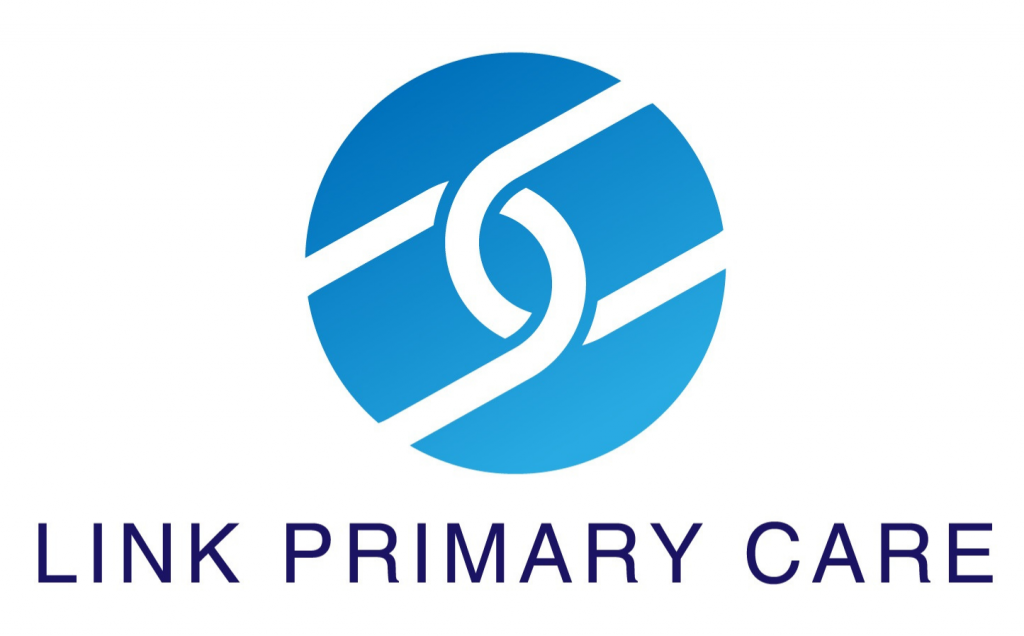- 1034 S Brentwood Blvd Ste 530, Richmond Heights, MO 63117
- [email protected]
- 314.798.7422
If you feel constantly fatigued, irritable, achy, or unfocused, then you may be dealing with a hormone imbalance.
Unfortunately, hormones often don’t get the spotlight they deserve at your traditional primary care practice. It’s not an issue of expertise. Instead, most doctors don’t have the time and energy needed to give you the care you deserve.
At Link Primary Care in St. Louis, we make you a priority. Our Direct Primary Care (DPC) model makes room for long appointments and one-on-one care that gets you back to feeling your best. Hormones play a crucial role in maintaining our well-being and quality of life. It’s time to find answers to your chronic symptoms right here at Link Primary Care.

Hormones are chemical messengers produced by glands in the endocrine system, including the thyroid, adrenals, and pancreas. They travel through the bloodstream, affecting various bodily functions such as growth and development, metabolism, sexual function, reproduction, and mood.
Given their widespread influence, it’s easy to see how an imbalance in hormone levels can significantly impact one’s quality of life.
Several symptoms can indicate a hormone disorder, and while this is not an exhaustive list, the following are among the most common:
Persistent tiredness, despite adequate rest, can be a sign of thyroid disorders, where either too much or too little thyroid hormone is produced.
Unexplained weight gain or loss can signal thyroid issues or insulin resistance, a precursor to diabetes.
Hormone imbalances, especially in estrogen and progesterone, can lead to severe mood swings, anxiety, and depression.
Difficulty falling or staying asleep can be related to imbalances in hormones such as cortisol, produced by the adrenal gland.
A decrease in sex drive can be indicative of imbalances in sex hormones like estrogen, progesterone, and testosterone.


Hormone balance is a popular topic in some health circles. Sometimes, practitioners only focus on this area, or they might try unproven treatments to get results. At Link Primary Care, we don’t follow fads or pseudoscience.
Just like any area of health, we rely on data, research, and testing to make the best decisions for our patients. Our approach to hormone health is methodical and patient-centered. Understanding that hormones are part of a delicate balance, we refrain from jumping to conclusions or prescribing quick fixes.
Instead, we undertake a comprehensive evaluation that includes detailed medical history, symptoms, lifestyle factors, and advanced diagnostic testing to pinpoint the root cause of the imbalance.
Our DPC doctors take a holistic approach to hormone imbalances, considering the entire spectrum of patient health. Treatment strategies might include:
Recommendations on diet, exercise, stress management, and sleep hygiene to naturally support hormone balance.
When necessary, prescribing hormone replacement therapy or other medications while closely monitoring their effects.
Regular follow-ups to assess the efficacy of the treatment plan and make adjustments as needed.
Empowering patients with knowledge about their condition and how lifestyle choices affect hormone health.


Direct Primary Care (DPC) is a membership-based healthcare model that aims to simplify the patient-doctor relationship. Instead of relying on insurance billing for each visit or service, patients pay a monthly fee that covers all services. This model creates a more personal connection between the patient and their physician, with benefits including:
Longer appointment times allow for a thorough discussion of health concerns, including hormone health, without the rush commonly experienced in traditional settings.
Link Primary Care offers same-day and next-day appointments in the office, and 24/7 direct communication with your doctor via phone, email, text, and video. This is great for people who can’t physically come into the office.
With a focus on maintaining health rather than just treating illness, our doctors are well-positioned to monitor hormone levels and adjust treatments as needed.
This model eliminates surprise billing and saves money on laboratory tests, medications, and other services.
Hormone imbalances can profoundly affect quality of life, but with the right approach, they can be managed effectively. For years, we’ve provided top-quality care to people in St. Louis. By fostering a strong patient-doctor relationship and providing comprehensive care, we are uniquely positioned to address hormone imbalances, ensuring patients not only receive appropriate treatment but also understand and participate in their journey to optimal health.
Sign up for a membership and begin your health journey today.


Family Medicine Clinic in St. Louis, MO.
We make healthcare affordable, personalized, and convenient.